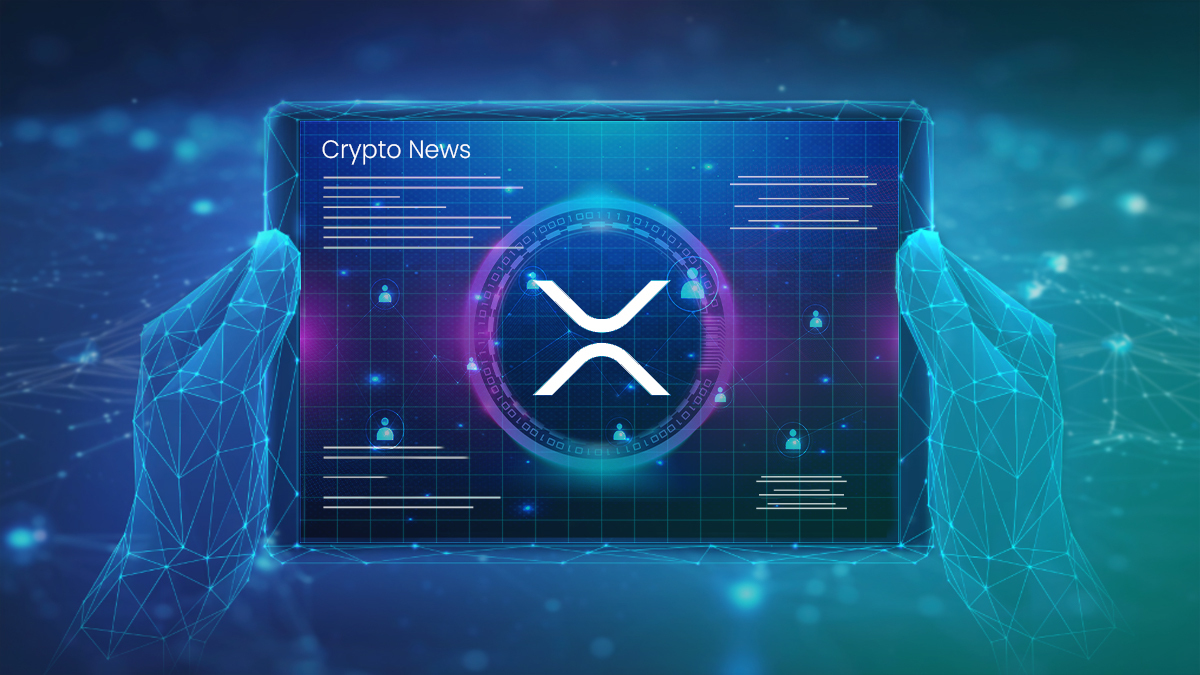Spot Bitcoin ETF options are set to make their debut, signaling a new development in the intersection of traditional financial markets and cryptocurrency. By offering the ability to trade options on spot Bitcoin ETFs, this financial instrument bridges the gap between Bitcoin and established market structures, potentially transforming how cryptocurrency is traded and perceived.
What Are Spot Bitcoin ETF Options?
Spot Bitcoin ETF options are financial contracts that provide the right—but not the obligation—to buy or sell shares of spot Bitcoin ETFs at predetermined prices. Unlike futures-based ETFs, spot Bitcoin ETFs directly hold Bitcoin as the underlying asset.
The initial launch will feature options on BlackRock’s iShares Bitcoin Trust (IBIT), with other ETFs listed on the Nasdaq expected to follow.
Why Spot Bitcoin ETF Options Matter
The introduction of spot Bitcoin ETF options marks a significant step in aligning Bitcoin with traditional markets. Here’s why this development is important:
- Expanding Market Liquidity
Spot Bitcoin ETF options facilitate deeper liquidity by allowing more sophisticated trading strategies, such as hedging and arbitrage. - Bridging the Retail Gap
Historically, retail investors in the United States have had limited access to Bitcoin derivatives. Spot Bitcoin ETF options open up this market segment, allowing retail participants to engage with Bitcoin through regulated, accessible financial instruments. - Enabling Institutional Strategies
Institutional investors rely heavily on derivatives for managing exposure and optimizing portfolio performance. The availability of spot Bitcoin ETF options provides tools to integrate Bitcoin into institutional portfolios more seamlessly, encouraging broader participation. - Boosting Market Maturity
Derivatives often play a critical role in the development of financial markets. For Bitcoin, the introduction of spot ETF options could mirror the evolution of traditional commodities and equities markets, where derivatives often exceed the market cap of the underlying asset.
Implications for Institutional and Retail Investors
Institutional Investors
Institutional investors often seek structured financial instruments to manage risk and develop allocation strategies. Spot Bitcoin ETF options provide a regulated environment for these investors to incorporate Bitcoin into their portfolios without directly holding the asset.
Retail Investors
Retail investors benefit from the accessibility of ETFs and the flexibility of options contracts. Spot Bitcoin ETF options allow them to participate in Bitcoin’s price movements while leveraging familiar trading mechanisms, expanding the adoption of Bitcoin among everyday investors.
Economic and Market Dynamics
The integration of spot Bitcoin ETF options into the U.S. financial system has broader implications:
- Increased Trading Volume
The addition of options markets introduces new participants, increasing overall trading volume and liquidity in Bitcoin markets. - Market Stability
Greater liquidity and participation can contribute to more stable price movements, aligning Bitcoin’s performance with traditional financial assets. - Legitimization of Bitcoin
The introduction of spot Bitcoin ETF options positions Bitcoin as a mature financial instrument, fostering acceptance among traditional investors and institutions.
Spot Bitcoin ETF options advance integrating Bitcoin into traditional financial systems. By offering tools for both institutional and retail investors, these options contribute to market liquidity, risk management, and the broader maturity of Bitcoin as an asset class.
As these instruments gain traction, their role in shaping the future of cryptocurrency markets will become increasingly clear. Stay informed on the latest developments by exploring more articles and updates on the BitOasis Blog.
Important Notice: BitOasis does not provide investment or legal advice. Cryptocurrency trading involves substantial risk of loss, extreme volatility, and potential total loss of value. Virtual assets do not offer financial protection, and investors may lose all money invested. It is recommended that you seek independent professional advice to fully understand these risks.



